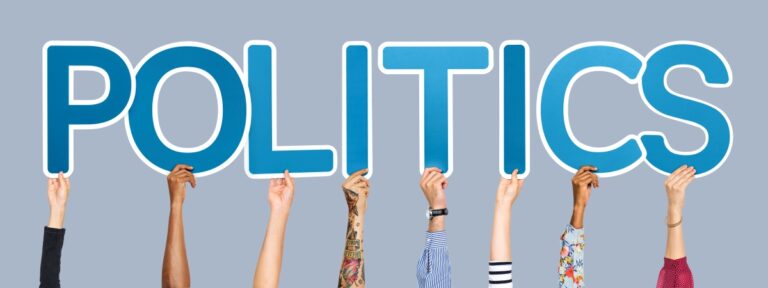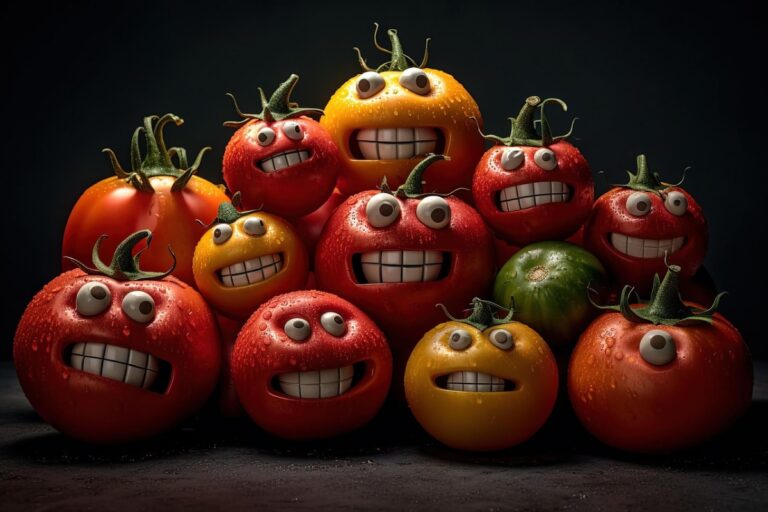Satirified publishes a newsletter called Saturday Satire
Satire and Social Media: Memes as Modern Satirical Tools
In the digital age, social media has become a powerful platform for satire, with memes emerging as one of the most effective and popular tools for critiquing society, politics, and culture. Memes, with their blend of humor, brevity, and shareability, have redefined how satire is created and consumed.
The Rise of Memes in Satire:
Memes are a form of cultural expression that has evolved rapidly with the growth of social media platforms like Twitter, Instagram, TikTok, and Facebook. They typically consist of images or videos paired with text, conveying a humorous or satirical message that resonates with a wide audience. Memes are highly shareable, making them an ideal medium for satire in the fast-paced, attention-driven environment of social media.
What makes memes particularly effective as satirical tools is their simplicity and accessibility. Unlike traditional satire, which may require a deep understanding of the subject matter, memes often rely on shared cultural references and humor to convey their message. This allows them to reach a broad audience quickly, spreading ideas and critiques with unprecedented speed.
Memes as Modern Satirical Tools:
Memes have become a staple of modern satire, used to comment on everything from political scandals to social trends. They distill complex ideas into easily digestible content, making satire more accessible to the general public. Memes often use exaggeration, irony, and absurdity—hallmarks of traditional satire—to highlight the flaws and contradictions in society.
For example, during the 2020 U.S. presidential election, memes played a significant role in shaping public opinion. Memes mocking political candidates, highlighting their gaffes, or exaggerating their policies spread rapidly, influencing how voters perceived the candidates. The brevity and humor of memes made them an effective tool for both supporters and detractors to rally their respective bases.
The Impact of Memes on Public Discourse:
The viral nature of memes means they can have a significant impact on public discourse. A well-timed meme can spark conversations, shape narratives, and even influence political and social movements. Memes can also serve as a form of grassroots activism, allowing individuals to express dissent and critique power structures in a way that is accessible and often anonymous.
However, the rapid spread of memes also comes with risks. Memes can oversimplify complex issues, leading to misunderstandings or reinforcing stereotypes. Additionally, the humorous nature of memes can sometimes trivialize serious topics, reducing them to mere punchlines rather than fostering meaningful dialogue.
Memes and the Democratization of Satire:
One of the most significant effects of memes is the democratization of satire. In the past, satire was primarily the domain of professional writers, comedians, and cartoonists. Today, anyone with an internet connection can create and share satirical memes, contributing to the global conversation. This democratization has broadened the scope of satire, allowing for a more diverse range of voices and perspectives.
Moreover, memes have become a form of cultural currency, with people using them to signal their beliefs, values, and affiliations. This has given rise to meme communities, where like-minded individuals come together to create and share content that reflects their shared experiences and viewpoints.
In the past, satire was primarily the domain of professional writers, comedians, and cartoonists. Today, anyone with an internet connection can create and share satirical memes, contributing to the global conversation. This democratization has broadened the scope of satire, allowing for a more diverse range of voices and perspectives. Memes have transformed the landscape of satire, making it more accessible, immediate, and widespread. As modern satirical tools, memes have the power to influence public opinion, challenge authority, and drive social change. However, they also carry the responsibility of ensuring that satire remains thoughtful and impactful, rather than merely entertaining. In an era where social media dominates communication, memes represent the evolution of satire, proving that humor and critique can thrive in even the briefest of formats.



